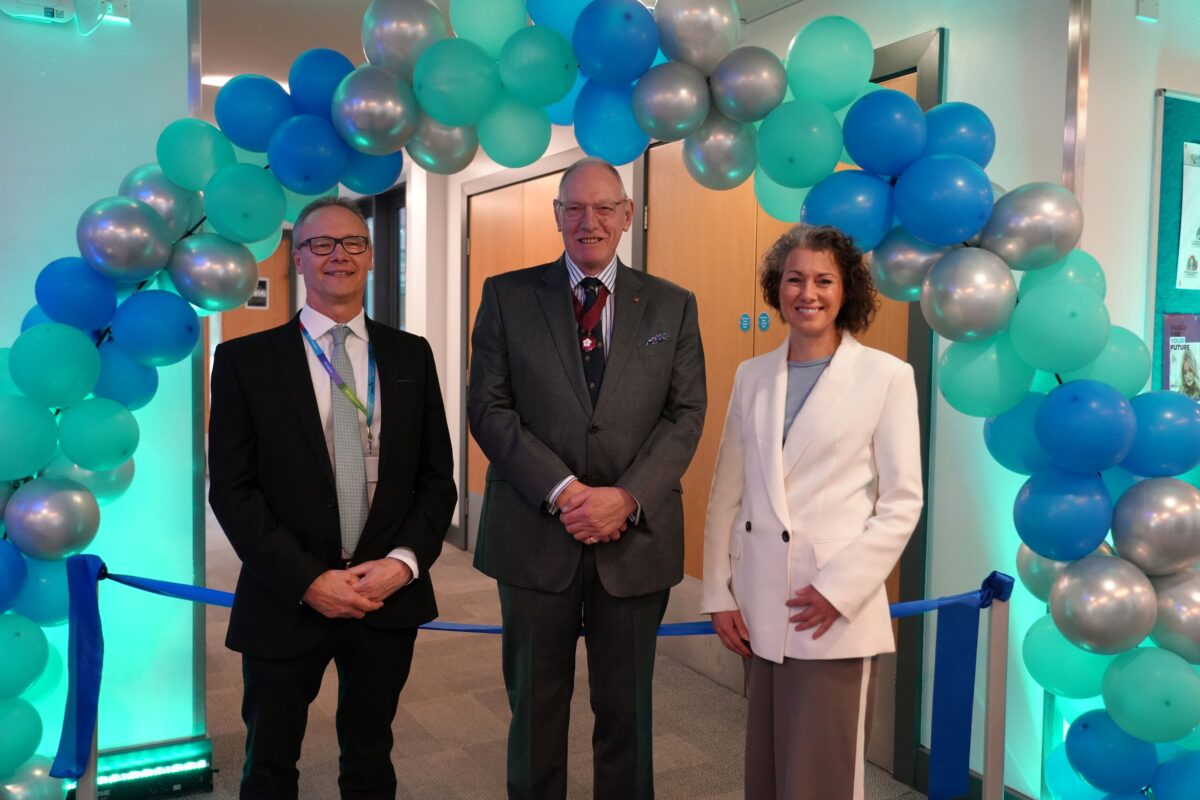From compliance to cultural normality – the case for getting diversity and inclusion right

If employers were hoping that the issues of diversity and inclusion were just a passing storm to be weathered, they would be very wrong. Societal and legal pressures are coming together as employees demand change.
Research into Google’s online search habits shows consistency in growth across diversity and inclusion issues in the workplace over the last three years.
Searches online for ‘gender pronouns in the workplace’ has risen by 500% over the past three years (April 2020 – April 2022). It remains unclear if this is employers finding out what they need to do to be supportive in the workplace or employees trying to find out their rights.
Further data showed a significant increase in searches for ‘unconscious bias at work’ of 58% in the same period. Interestingly, it also revealed a noticeable spike in March 2022, coinciding with International Women’s Day, where this year’s theme surrounded ‘breaking the bias’. March continues to be a prominent month for diversity and inclusion related searches as organisations endeavoured to compile their mandatory Gender Pay Gap reports in line with Government reporting deadlines.
Most alarmingly, the findings revealed that several types of discrimination continued to fuel search results in the same period. It found that ‘bullying, harassment and discrimination at work’ searches grew dramatically by three-fifths (62.5%), ‘disability discrimination at work’ searches increased by half (51.25%), ‘racial discrimination at work’ searches rose by 40.3%, and ‘age discrimination at work’ searches grew by almost a third (30.6%). Definitely not a passing storm.
Interestingly, this same pattern is also reflected when looking at Employee Tribunal Data. WorkNest, an employment law and HR advisory firm, revealed that nearly half of the Employment Tribunal Claims they received during Jan 2019 – Dec 2021 included some form of discrimination. Disability was the protected characteristic most relied upon by Claimants during this period.
This same period saw an almost one-fifth growth (17.9%) in disability-related discrimination claims, a 52% surge in sex-related discrimination claims, and over a quarter (27.3%) rise in discrimination claims related to race. Racial discrimination claims also saw a considerable spike during 2020, 42.9% more than in 2019.
Whilst the prevalence of Covid during this reporting period could account for a proportion of claims due to shielding requirements for many employees and their dependants requiring adjustments to their roles – it certainly does not account for it all.
Against this backdrop of growing interest and updates to equality legislation, DeltaNet International, a global compliance and performance eLearning provider, decided to launch a new diversity and inclusion collection of online training solutions. The 15 new courses released aim to help organisations improve their diversity and inclusion awareness among their employees and managers to reduce discrimination in the workplace, both in the UK and globally.
“The data reveals that discriminatory issues continue to rise in the workplace; business leaders and HR teams are responsible for tackling these issues to provide a safe and welcoming working environment for all employees to thrive in,” said Darren Hockley, Managing Director at DeltaNet International. “We believe that diversity and inclusion must be at the core of an organisation; we want to help employees and employers evolve from a compliance-based model to embracing true cultural change.”
With management and HR teams increasingly facing scrutiny for diversity and inclusion issues in the workplace, DeltaNet International’s courses allow employees and managers to understand the UK equality legislative requirements. This includes gender equality, disability inclusion in the workplace and addressing sexual harassment.
These latest training courses allow organisations to create a compliant culture and educate employees on common diversity and inclusion issues, from using the correct gender pronouns to treating disabled workers with respect. Available in various formats, including: immersive learning, detailed studies and microlearning, the eLearning courses have been developed with subject matter expertise, reinforced through the diverse range of characters and accents used by voiceover actors.
“Creating a diverse and inclusive culture starts with education to change behaviours and reduce discrimination.”
For more information on DeltaNet’s diversity and inclusion training collection, please visit: https://www.delta-net.com/equality-and-diversity/.











Responses